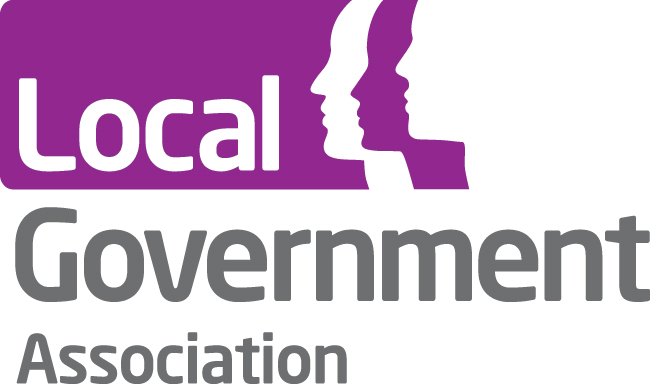URGENT INVESTMENT NEEDED TO BOOST MENTAL HEALTH RECOVERY

Failure to urgently invest in #MentalHealth and other vital local services will undermine efforts to boost the country in the next phases of the pandemic, councils in England warn today (6 Aug).
The Local Government Association, which represents councils, said people’s mental wellbeing will play a crucial role in every aspect of recovery planning, including schools reopening, workers returning from furlough, people who have been shielding, and in dealing with the economic and housing consequences of coronavirus, as well as planning for possible further spikes in infections.
In a new joint report the LGA and the Centre for Mental Health said a national focus is needed on helping everyone stay mentally well, including those affected by COVID-19, backed-up by funding for councils to spend with local partners, including the voluntary and community sector, on meeting their communities’ mental wellbeing needs.
With mental health problems costing UK employers £35 billion a year in sickness absence, reduced productivity and staff turnover, the report said a further shift in national focus and funding away from treating mental ill-health and towards a locally-led approach to promoting people’s mental wellbeing throughout their lives, will help to prevent more serious problems from developing, whilst enabling earlier intervention and targeted support for those who need it.
The LGA and Centre for Mental Health say sufficient and sustainable local funding is needed to make this possible, as well as to address the wider social and economic challenges which can contribute towards poor mental health.
The total cost to society of mental health problems in the UK was £119 billion in 2018/19 and research found that children from the poorest 20 per cent of households are four times as likely to have serious mental health difficulties by the age of 11 than those from the wealthiest 20 per cent.
Studies of several councils across the country, highlighted in the report, show four common principles in how to improve population mental health, reduce inequalities and prevent mental ill health in their communities:
- Public mental health as everybody’s business: health and wellbeing of the local population is the responsibility of every part of the council and the wider community;
- Collaboration: councils working together with other parts of the system, such as the NHS, and closely involving community groups and other partners;
- Place-based approaches: using the concept of ‘place’ to encourage residents and organisations to get involved with the wider health and wellbeing agenda;
- Taking a holistic approach: using a wide range of approaches and strategies in tackling the determinants of mental ill-health.
Libraries, leisure, housing, money advice and other essential council-run services, alongside statutory mental health services and public health, all play a crucial part in supporting people’s mental wellbeing.
The report also reveals how a snapshot of councils have been able to maintain focus on mental health during the COVID-19 outbreak by using digital technology, flexible commissioning and developing new resources, alongside existing approaches to health promotion and the prevention of mental health problems.
Cllr Ian Hudspeth, Chairman of the LGA’s Community Wellbeing Board, said:
“Good mental health is in everyone’s interest, especially as we look to move into the next phase of the pandemic.
“The lockdown had a profound impact on everyone, leaving many of us unable to go to work or school, meet family and friends, go to the shops or take part in leisure and cultural activities. The very things that support our mental wellbeing and which we often took for granted, were suddenly taken away.
“Councils have always had an important role in improving and maintaining people’s mental wellness, from childhood to old age, but coronavirus has proven the value of this more than ever.
“Our mental health is so closely linked with other essential areas of our lives, including housing, employment, social inclusion and economic development. Councils are uniquely placed to use their services to connect all parts of this system together and help ensure the country is prepared for the future.
“As this report states, we need to refocus our policies and funding towards these preventative local services, to help reduce health inequalities and ensure better mental health for all.”
Sarah Hughes, Chief Executive of the Centre for Mental Health, said:
“The pandemic has been a difficult time for many. As evidence emerges of a rising tide of mental health problems, it is more important than ever to proactively support communities to have good mental health.
“This report demonstrates how all councils can champion better mental health by setting clear and ambitious goals, working arm-in-arm with communities, developing good relationships with the NHS and other system partners, and embracing mental health as part of all their responsibilities. We must learn from the positive practice on display in these case studies and further afield.
“The leadership, commitment, energy, and compassion we have seen is inspiring but we know this alone is not enough. Local authorities must be adequately funded in recognition of their potential to support resilience in their communities, tackle health inequality, and limit the human and financial cost of mental health problems.”
You can view the report here. The report was commissioned before the pandemic but the Centre revisited a number of the case studies in June.
Centre for Mental Health research on the cost of mental health to the UK economy can be found here.











Responses